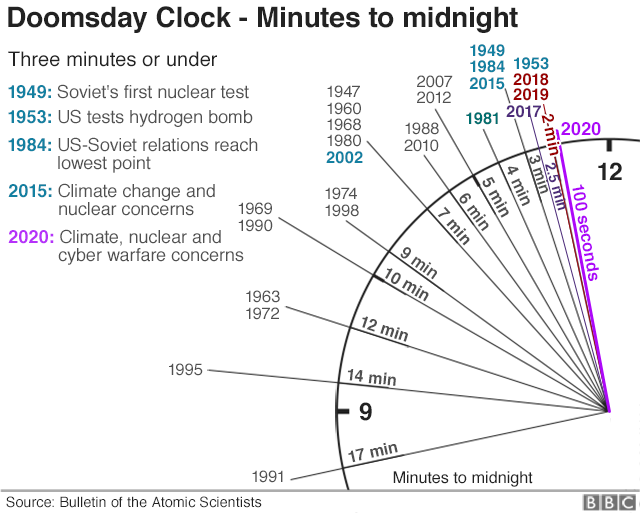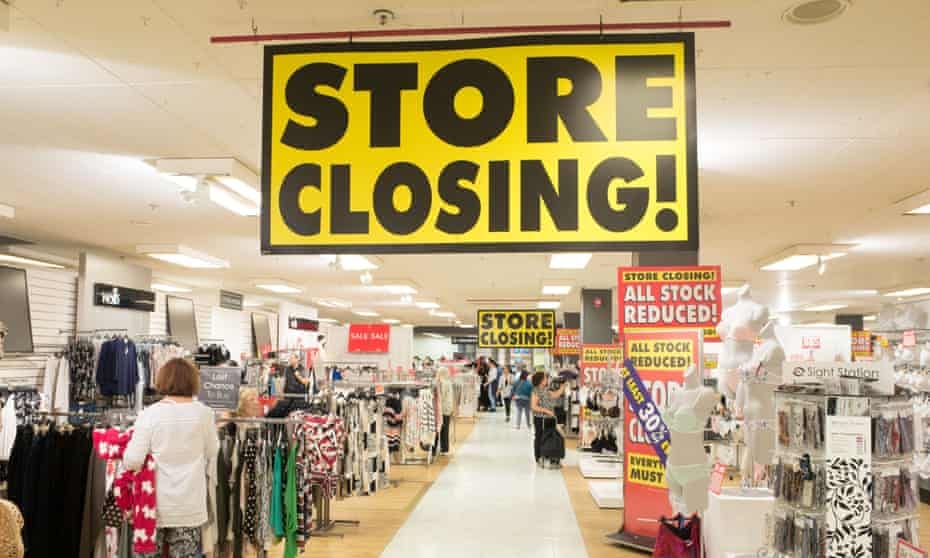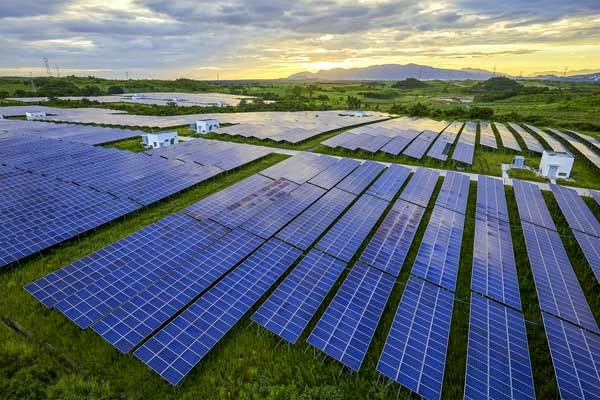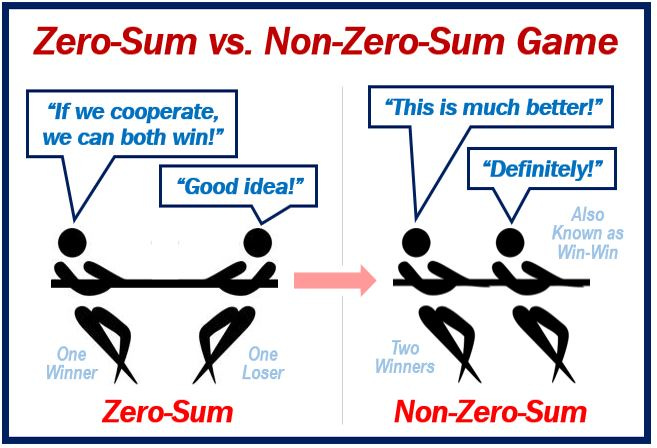Society has changed more over the last couple of years, than it has over the last fifty years. Similar events are occurring today, which are very similar to the seventies, but for different reasons. The Vietnam war was ideologically based, the libertarian and social justice movement believed in equality of opportunity for all, the nature of the oil crisis today is self-inflicted, and the world is seeing rapidly rising inflation due to the monetary and fiscal choices governments made over the last two years during the Covid-19 pandemic.
We are also seeing a passing of influence from the Baby-Boomers, and the early Generation Xers, onto the Millennials. With this, there is a major attitudinal change that is shaping the nature of society and government, as well as social priorities. Most governments are experiencing this influence today.
A distinct change in the nature of government
Long gone are the leaders and administrations governing from a vision. Visionary politicians have been replaced with those who seek power only to manage. The civil services they control have become supposedly rule based bureaucracies, led by supposedly competent technocrat leaders.
However, we witnessed during the Covid-19 pandemic these bureaucracies appeared to have no sound mission, often changing objectives that were far from transparent. Although, science and medical opinion was cited as the basis of bureaucratic decisions that affected their citizens, little in evidence was ever offered to support their opinions, directions, and mandates.
Civil service decision makers were protected from questioning and criticism with censorship and even arrest. The Covid-19 pandemic bolstered an unelected elite, who have more power than their elected superiors.
Today, the Doomsday Clock stands at 100 seconds to midnight, the closest it has ever been to the possibility of a nuclear war, since its inception back in 1947. There are many views from geopolitical academics about how the Ukrainian conflict could have been avoided. Administrations full of Millennial advisors are much more hawkish than their predecessors. Generational change has shifted the approach to statecraft, making nations more aggressive towards each other. Megaphone diplomacy has very much replaced backroom diplomacy.
We are heading into an era where centralisation of government is now the fashion. Government is moving away from the people it governs, and out of the parliaments, into the offices of unelected officials. Legislation passed into law on the floor of the parliament is not what sets the rules we live by anymore. We are now governed and mandated by regulations written by bureaucrats, far away from public view.
With the increase in backroom bureaucratic rule, comes the decline of the power of the citizens’ vote. Much more powerful now, is the lobbying of corporations upon bureaucrats, agencies, and politicians. We now see commercial products, which didn’t go under the same scrutiny as products before them, mandated to the public under emergency authorizations to side step the rules. These types of decisions were once unheard of, let alone even imagined a decade ago. We are just starting to learn of the consequences.
Declining quality of education
The current leaders and bureaucrats may have more paper qualifications than their predecessors. However, the quality of these qualifications has decreased over the last few decades. Higher education has been commoditized and standards lowered to cater for international students, as higher education has been turned into a profit making industry. The rigor of many degrees and post-graduate qualifications are definitely much lower than those earned during the 1960-80s.
Higher education institutions have lost the diversity of thought, ironically while espousing the very notion of diversity. Universities have become centres of woke thought, concerned with equity-based issues. Its much more common to hear students are been passed in subjects, even though they haven’t met with academic standards. Special consideration mechanisms have been brought in with equity criteria considerations. With much narrower terms of reference included in curriculum than a few decades ago, courses now take a ‘one size fits all’. This approach is filling bureaucracies around the world with graduates who don’t have the same abilities in critical thinking and problem solving, as generations before them.
Changing economic objectives
The standard economic objectives of growth and full employment are no longer as relevant today as they were in the past. The US Biden administration inserted race, gender, and climate change objectives into fiscal policy, focusing on redistribution and changing fundamental social infrastructure.
With governments drastically increasing debt to fund budget deficits during the pandemic, there are strong indications governments will continue high spending in pursuing their additional objectives. The era of balancing budget deficits with surpluses in other years appears to have declined in importance to the public administrators of today. Much government spending is on programs that don’t produce any multiplier effects within the economy. This is leading to a large growth in the money supply across countries, which is fuelling a severe bout of inflation, at rates that haven’t been seen for decades. Spending a buck without a return has abandoned the sound economic management principles, governments have relied upon for almost a century.
Accompanying this approach are new regulations which restrict the operation of firms. Government now exercises the power to decide which businesses prosper and which businesses close. This is leading to higher barriers to entry, and survival thresholds in many sectors. An elite group of big businesses have prospered over the pandemic, while many SMEs have collapsed and disappeared. The diversity of businesses is decreasing in many economies, while conglomerates are taking the opportunity voids to fill the market space. Government is altering the level playing field, where many conglomerates are breaching fair competition regulations that were introduced around the world during the 1980s.
A social reformation
The manager-politician class of the west have become authoritarian, inspired by the harsh lockdowns that took place in Wuhan China in early 2020. Over the last two years biometric-CCTV systems have been rapidly developed and implemented for citizen surveillance. The west has become a compliance society where people out of government favour may have their bank accounts suspended or closed without court orders. People have been arrested for making Facebook posts or for attending protests against the mandates enacted by various governments under emergency regulations. In some places, parliaments were even suspended in an unprecedented manner.
Social media giants have become the gatekeepers of narratives which can’t be questioned without being suspended, blocked, or cancelled. Vaccine mandates are being used to segregate populations into those who comply and those who don’t. This has nothing to do with public health. Freedom of speech and freedom to even question government decisions have been lost across many western countries, which claim to be democracies.
A new social agenda
The struggle for equality of opportunity has been abandoned in favour of equity of outcome, based upon injustices over history. Economics has been replaced by ideology. One section of the population has been caste with possessing “original sin”, which cannot be forgiven.
Meritocracy has been replaced with inclusion of those identified to be worthy. However, only the top echelons of these marginal groups are selected for inclusion into the new bureaucrat elite, while the rest see no change in their personal circumstances. This poaching through quotas is creating institutional or systemic racism, the very problem quotas were espoused to eliminate. This new ‘institutional racism’ is doing nothing to improve the upward mobility of the working and middle classes. The working and middle classes have been sold out in the interests of creating an activist elite.
This massive form of positive discrimination practiced in other countries like Malaysia with its New Economic Policy (NEP), which discriminated against Malaysians of Chinese and Indian origin, only led to a massive brain drain, and further marginalization of the Malays, the policy espoused it was helping. The Malaysian NEP just created a kleptocracy, where selected corporations are given special privileges, while SMEs employing moms and pops are left to their own devices to flounder.
Woke ideology espouses control and taxing of corporations. The opposite is happening. Governments and their bureaucracies in a clandestine manner protect and promote selected corporations. Most of the operational activities of today’s western intelligence agencies is about advancing commercial interests, rather than national security.
Climate change has become a religion preventing real solutions
The apocalyptic narratives of climate change based upon early modelling, rather than grounded science is now preventing the world from really understanding the issues related to global warming and solving arising problems. Climate evangelists talk of doom and the needs for renewable energies, which themselves have a host of environmental problems associated with them. Solar farms themselves change micro-climates, and windfarms are dangerous to fauna. The whole sustainability of these solutions requires scrutiny.
Unsustainable mega-cities are one of the major causes of climate change, yet there is little discussion about how decentralisation and change in lifestyle can assist in lowering carbon emissions. Likewise, the oligopoly of conglomerate food manufacturers which utilize unsustainable farming techniques are contributing to greenhouse gas emissions, and now food shortages.
Massive corporations are not eco-friendly, where alternative local arrangements for food production through community orientated businesses need to be nurtured. Food should be produced close to where it is consumed. Scaling down, rather than scaling up, together with decentralization may improve sustainability. Only sustainable environments will create equilibrium. Economies of scale economics from the perspective of sustainability must be examined.
Centralized governments have for too long sort centralised solutions, which has fostered the corrupt-lobbying culture around governments.
Funding for climate change research depends upon outcomes which support the narrative, in order to receive continued funding. The system of research funding today is skewing the true pursuit of further knowledge in the world today. Science is the victim. Climate evangelists and climate sceptics are not going to advance our knowledge in this domain. Society needs an objectivity reset, in order to better grapple with what needs to be done.
Towards a new form of feudalism
Woke ideology is being seen as an easy fix. However, this is not without consequences. There is a built-in zero-sum perspective in public debate and policy, taking away from one group and giving to another. This is certainly going to lead to more intrinsic conflict and division within society, as the consequences are seen more clearly. The gap is growing between the poor and wealthy, rightfully or wrongly in the name of inclusion and equity of outcome. Identity discrimination will change society as is already being seen in many places. Treaties and constitutional changes are already being mooted to institutionalize this positive discrimination. In multi-cultural societies where there has been intermarriage for centuries, who are the first nation people anyway?
Equity of outcome will attack creativity and innovation within economies leading to the most talented leaving for places their ideas and work will be appreciated. The further concentration of corporations will lead to fewer entrepreneurial opportunities for the middle class. The working class are reorganizing themselves into unions once again to fight the injustices of the new kleptocratic system that has been nurtured by big tech, big pharma, military contractors, bureaucracies, and government alike.
There is a turning point away from fundamental economic philosophies that have been the inner core of the system. Its skewed too far away from free market principles towards an oligopolistic system. Oligopolies exist across all industries now. The equity principle doesn’t benefit the marginalised, it just promotes the already privileged within marginalized communities who have already made it. These are the ones who control the narrative for their own ends. A look at what happening to donated funds to the Black Lives Matter organization shows this.
With zero upward mobility for the working and middle classes, an opposite ideology is emerging. This is on track to happen in the US congressional elections in November.
No one wants woke feudalism, high inflation further dividing the poor and wealthy, and a recession where the working and middle class will suffer the most. No ideology can survive a long deep recession.
The biggest mistake the left has made was to abandon the working class. As the trodden classes pay more for petrol and power, food, accommodation, and higher interest rates, while wages fail to cover these rises, a backlash is likely to occur.
Subscribe Below:











I've been noticing all this for some time, as have many other people. As much as we would like to see an improvement of our political system it seems that the elites are always ahead of the curve and manipulate society to suit their own hidden agenda. It's good that it's being exposed by authors such as yourself and hopefully there will eventually be a critical mass that will smoothly transition to a new political system, without the chaos and violence that happened in the USA on "January 6th". Keep up the good work Murray.
The only viable 'backlash' to such an impossible situation would be nothing short of a revolution, overthrow and overhaul so to speak. The question then is, whether the masses will be able to find it in themselves to muster enough will to come together, put aside their differences for the common goal and the greater good.